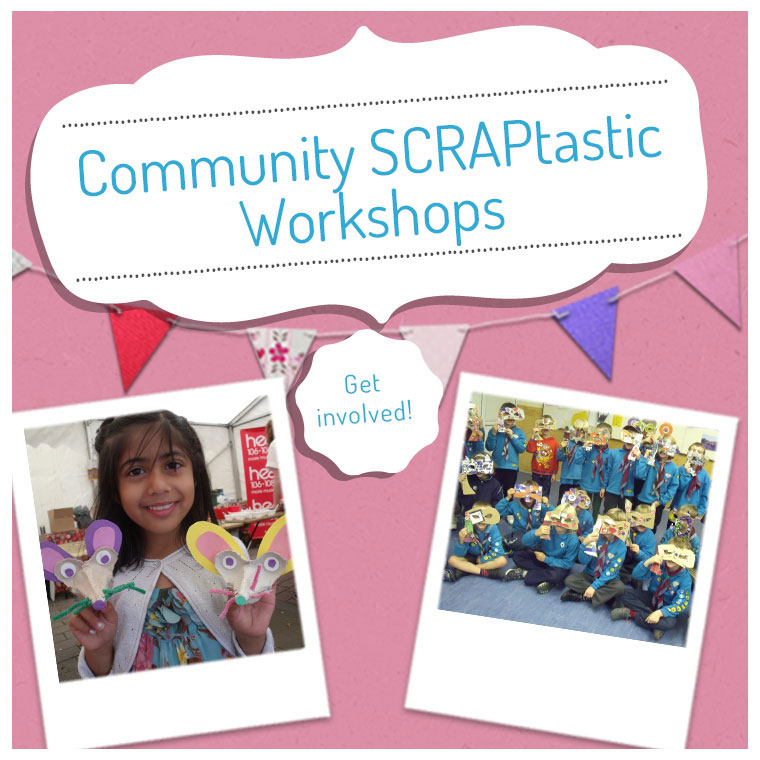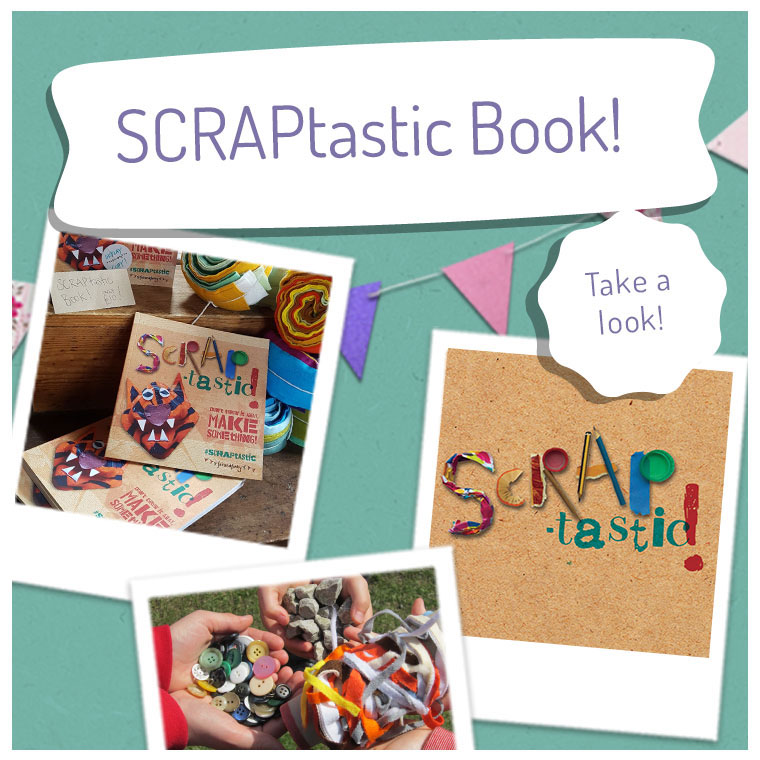











During One World Week we are hosting a series of guest blogs from people and organisations who work to make a difference in the world; people who connect communities through trade, and through friendship.
The theme for One World Week 2013 is “More than enough?” Our challenge to our bloggers was show how we are all connected. And to demonstrate how if we all think about the actions we take in our local and global societies we do have “more than enough”.
Today we hear from Liberation – the people behind the peanut butter, and much, much more. Read here how they work to connect communities and change the world.
“Liberation is the UK’s only farmer-owned Fairtrade nut company. We were set up in 2007 by Twin and Equal Exchange, two pioneers of Fairtrade, to tackle the problems facing small-scale nut producers in Africa, South America and Asia. Liberation and Twin played an instrumental role in the creation of Fairtrade standards for nuts, and imported the world’s first container of Fairtrade certified peanuts.
Our nuts are harvested by eight cooperatives of small-scale peanut, cashew and brazil nut producers, and processed for sale here in the UK. All Liberation products are certified Fairtrade. This ensures the farmers are getting a fair price for their crop – more than local market prices – and means that Fairtrade premiums can be invested back into the producer communities.
Most significant is the fact that Liberation is farmer-owned and farmer-governed. The eight producer groups Liberation works with make up the International Nut Producers Co-operative (INPC) who own the largest share of the company (44%). The INPC have seats on the board and play an active role in Liberation’s governance.
In terms of local impact, co-operatives decide how to invest the premiums they receive as a result of Fairtrade certification. The Mchinji Area Small-holder Farmers Association in Malawi have used these premiums to develop infrastructure including guardian shelters, storage facilities and offices. The Fair Trade Alliance Kerala in India has focused on adding value and improving crop quality, and has spent premiums on the additional organic certification of all their farms. Tomy Mathews of FTAK says “This new company is tremendously encouraging and motivating for our farmers. The farmers tell each other ‘We are selling to ourselves! We cannot ever compromise on quality’… Our future is in the high quality of what we provide to Liberation”. Other co-operatives have invested premiums in providing health-care for farmers, as well as financial support such as disaster management funds or revolving agricultural funds.
There is also a broader impact that accompanies the international nature of Liberation. INPC members place a huge emphasis on education and on sharing knowledge about agriculture and business between co-operatives. A peanut farmer of the IKURU association in Mozambique explains how Liberation has changed the way they do business. “Through being part of Liberation we are joined with international partners in Malawi, Bolivia, Nicaragua, Brazil, Peru, El Salvador and India which is very good for us all.” Kinglsey Makiyoni of the National Small-holder Farmers’ Association Malawi (NASFAM) also recognizes the opportunity for producers to gain knowledge about consumers in the Europe as a result of Liberation’s integrated supply chain: “We have a more intimate working model – we work more closely with the farmers, passing information to them about what people from other countries who buy our nuts want.”
Liberation’s mission has is to connect the producers and consumers of the world through the medium of great-tasting Fairtrade nuts!”
Get connected! Buy Liberation Peanut Butter TODAY!